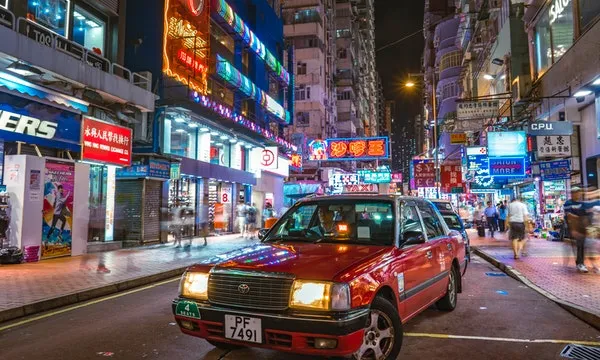
Gov't reveals roadmap for electric vehicle adoption
It aims to achieve zero vehicular emissions before 2050.
The government announced the long-term policy objectives and plans to promote the adoption of electric vehicles (EVs), which include plans for the associated supported facilities to be put up in Hong Kong.
According to Environment Secretary Wong Kam-sing, the Hong Kong Roadmap on Popularisation of Electric Vehicles aims to help Hong Kong in achieving zero vehicular emissions before 2050. This is in line with Hong Kong's target for carbon neutrality and its vision of being a Zero Carbon Emissions Clean Air Smart City.
“As EV technologies are rapidly evolving, we will review the various strategies and targets of the roadmap around every five years. Taking into account new technological, environmental, social and economic development and situations, we will adjust in time Hong Kong's policies and measures in promoting EVs, ensuring that we keep up with the times," he added.
The key measures provide that to promote electric private cars, no new registration of fuel-propelled private cars will be allowed, which includes hybrid vehicles, by 2035 or earlier.
As for electric commercial vehicles, there will be trials which will include buses, public light buses, goods vehicles, and taxis. The government expects to have a timetable for this by 2025.
The government also aims to expand the EV charging network and to progressively market the charging services. As for battery recycling, the government aims to legislate a producer-responsibility scheme for retired EV batteries and to promote green technologies for second-life application of the EV batteries.
Education and training for technicians and mechanics will also be planned in order to properly have experts on EV maintenance.
The government is looking at establishing a task force that will examine the high-end development of new decarbonisation technology. The government will also establish a $200m Green Tech Fund for the research and development of the projects by integrating technologies such as Internet of Things, artificial intelligence, and big data.
The government will also look at opportunities that may come up in the EV technological development in the Guangdong-Hong Kong-Macao Greater Bay Area.








![Cross Domain [Manu + SBR + ABF + ABR + FMCG + HBR + ]](https://cmg-qa.s3.ap-southeast-1.amazonaws.com/s3fs-public/styles/exclusive_featured_article/public/2025-01/earth-3537401_1920_4.jpg.webp?itok=WaRpTJwE)









 Advertise
Advertise


